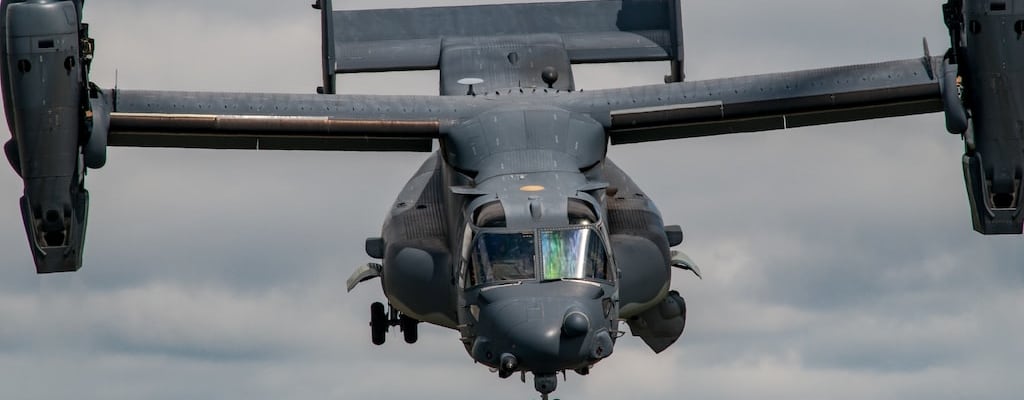fly by the seat of one’s pants: Idiom Meaning and Origin
What does ‘fly by the seat of one's pants’ mean?
The idiom "fly by the seat of one's pants" means to act or make decisions without a plan or knowledge, relying on intuition or improvisation. It originates from aviation, where pilots had to rely on their senses rather than instruments.

Idiom Explorer
The idiom "let fly" means to release or throw something forcefully or with great speed. It can also refer to speaking or expressing oneself freely and without restraint.
Let fly is used in informal situations, it has been in use for several centuries and is still commonly used in modern-day conversations.
The idiom "gut factor" refers to relying on one's instincts or intuition rather than logical or analytical thinking when making a decision or judgment.
The idiom "go with the wind" means to be unpredictable or easily swayed by circumstances, lacking firmness or commitment.
The idiom "go with one's gut" means to rely on one's intuition or instinct when making a decision, rather than using logical reasoning or analysis.
The idiom "go one's own way" means to make independent choices or decisions, without being influenced by others or conforming to societal expectations.
The idiom "go by the wayside" means to be forgotten or abandoned, usually due to a lack of attention or interest.
The idiom "go by the board" means to be disregarded, ignored, or abandoned. It refers to something that is set aside or eliminated, usually due to changing circumstances or priorities.
The idiom "get one's skates on" means to hurry or move quickly in order to complete a task or reach a destination.
The idiom "get by" means to manage or cope with a situation, usually with some difficulty or without achieving a high level of success.
The idiom "free hand" means having the ability or authority to do something without any restrictions or control from others.
Untamed Gut Instinct
The phrase "fly by the seat of one's pants" has an interesting history and has evolved in meaning over time. It originated in the early 20th century and is primarily used in American English. The term has its roots in aviation jargon and was first used in the 1930s when airplanes did not have advanced technology like today.
In those days, pilots had to rely heavily on their instincts and senses to fly the aircraft. One crucial sensory feedback came from the seat cushions of the pilot's seat. The vibrations and movements felt through the seat provided valuable information about the aircraft's performance and stability. This physical feedback allowed pilots to make informed decisions and adjust their flying technique accordingly. It was a way of flying that involved relying on one's gut feeling and practical experience rather than following predetermined procedures.
As time went on, the idiom "fly by the seat of one's pants" expanded its figurative meaning beyond aviation and became a metaphor for approaching various aspects of life. Today, it is commonly used to describe someone who relies on their instincts, improvisation, and decision-making skills rather than meticulously planning or adhering to established rules and procedures.
This idiom can be related to several other idioms that also involve the concept of relying on instinct or intuition. One such idiom is "fly blind." This phrase refers to navigating or operating without sufficient information or knowledge. It implies taking risks and making decisions without a clear understanding of the situation. When someone flies by the seat of their pants, they are also essentially flying blind, relying on their instincts and improvisation rather than relying on concrete information.
Another related idiom is "fly by." This phrase is often used to describe someone or something that operates quickly and haphazardly, without much thought or planning. It suggests a lack of structure or organization and a tendency to make decisions on the go. When someone is flying by the seat of their pants, they are also flying by, making decisions in the moment based on their instincts and immediate circumstances rather than following a predetermined plan.
A similar idiom is "go with one's gut." This phrase emphasizes the importance of relying on one's intuition and instincts when making decisions. It suggests that our gut feelings can sometimes provide valuable insights that rational thinking alone cannot. When someone is flying by the seat of their pants, they are essentially going with their gut, trusting their instincts and making decisions based on their own judgment and experience.
Yet another related idiom is "fly-by-night." This phrase is often used to describe someone or something that is unreliable, untrustworthy, or lacking in stability. When applied to someone who is flying by the seat of their pants, the term "fly-by-night" suggests a certain level of risk-taking and unpredictability. It implies that the person or situation may not have a solid foundation or long-term stability and may operate in a spontaneous or impulsive manner.
The final related idiom is "feel one's way." This phrase is often used to describe the act of proceeding slowly and cautiously, relying on intuition and experience to navigate an unfamiliar or uncertain situation. When someone is flying by the seat of their pants, they are essentially feeling their way, relying on their instincts and adapting their approach as they go along. They may not have a clear plan or roadmap but instead rely on their intuition to guide them through the unknown.
The idiom "fly by the seat of one's pants" originated in aviation jargon and has evolved to become a metaphor for relying on instincts and improvisation rather than meticulous planning. It is related to idioms such as "fly blind," "fly by," "go with one's gut," "fly-by-night," and "feel one's way," all of which involve the concept of relying on intuition and navigating uncertain or challenging circumstances. These idioms capture the spirit of daring, flexibility, and ingenuity that are associated with making decisions based on instinct and experience rather than following predetermined procedures.
Example usage
Examples of how the idiom fly by the seat of one's pants can be used:
- She didn't prepare for the presentation, so she had to fly by the seat of her pants and rely on her improvisational skills.
- With no plan in place, the team had to fly by the seat of their pants and make decisions on the spot.
- The pilot had to trust his instincts and fly by the seat of his pants when the navigation system failed.
More "Improvisation" idioms

